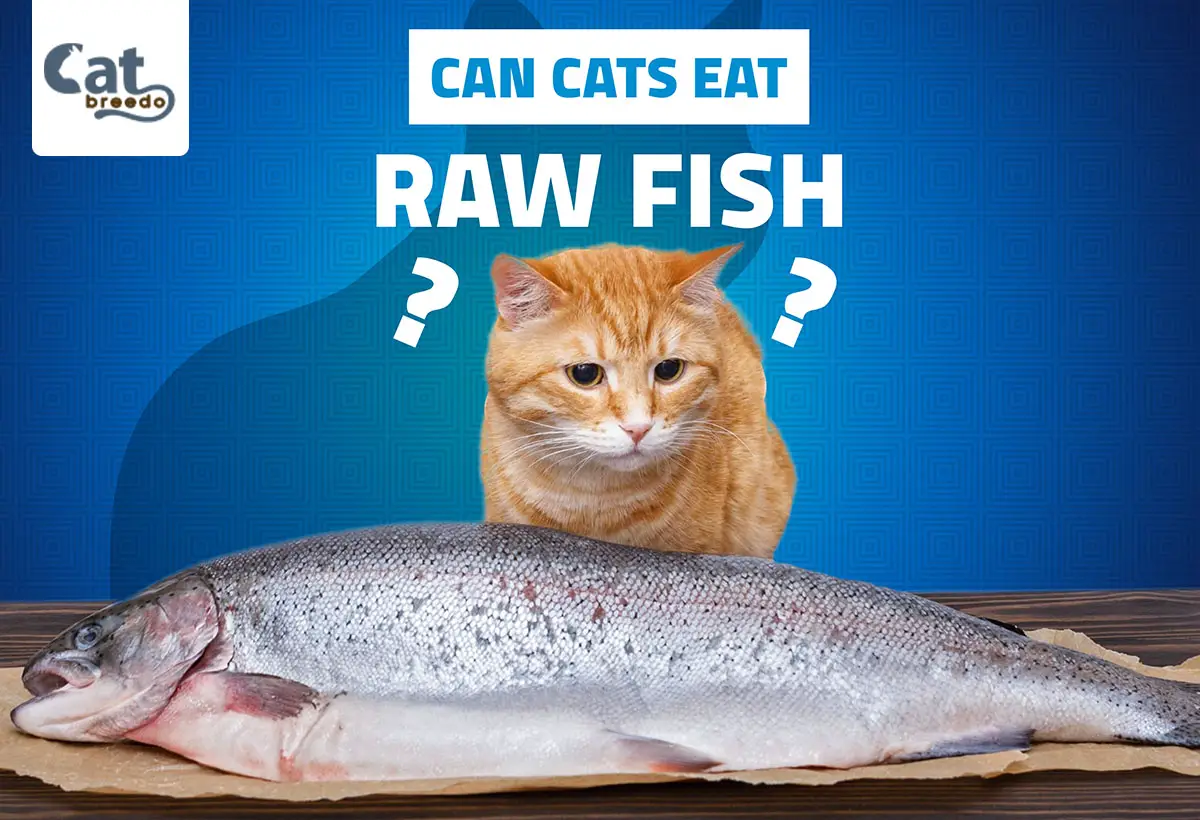Kumquats are small, citrus orange-like fruits that are native to southern China. Being a rich source of vitamin C and fiber, these fruits are highly beneficial to the digestive system and skin. They give you a glow, help in controlling blood sugar, and boost metabolism. Can Cats Eat Kumquats? However, despite these fantastic health wonders, kumquats aren’t good for felines and housecats.

Can Cats Eat Kumquats?
Cats naturally have sensitive noses; hence they are averse to the strong citrus smell of the fruit. Also, they are the descendants of meat-eaters and are carnivores by nature. Unlike humans, their digestive system can’t absorb plant-based proteins. Instead, they strictly extract their energy from animal flesh.
Therefore, even though kumquats rarely prove fatal, it is best advised not to let your pet have them as they may upset its gastrointestinal tract, which manifests as vomiting, diarrhea, dehydration, and extreme lethargy. There may be an organ failure in extreme situations that could result in coma/death.
Is Kumquat Good For Cats?
No! Even though kumquats have various health benefits, it’s not safe for cats to consume them. Cats have finicky stomachs, and eating kumquats can upset their digestive system, thus resulting in drooling, vomiting, diarrhea, dehydration, lack of energy, central nervous depression, and a lot more.
Not only this, if the skin of your cat comes in contact with the fruit, it may show an allergic reaction due to the chemicals in the peel. Therefore, it’s better to keep your basket of citrus fruits away from your pet. And in case you notice unusual behavior in your cat, immediately contact the veterinarian to determine if it’s citrus poisoning.
Are Kumquats Poisonous For Cats?
Kumquats, being from a citrus family, contain essential oils like limonene and linalool. Since cats lack an enzyme in their liver that can break down and metabolize these oils, depending upon the amount, consumption of kumquats can pose a severe threat to the cat’s life.
However, the good news is that if your cat eats this fruit, most likely, signs and symptoms, i.e., drooling, vomiting, ataxia, muscle tremors, respiratory distress, and low body temperature, will appear immediately. This allows you to take your cat to the veterinarian on time to seek treatment.
What Happens If A Cat Eats Kumquats?
Although the strong aroma of kumquats will repel cats, if a cat eats kumquats, it may begin to show symptoms of citrus poisoning that most likely are;
- Burning sensation in the mouth, and throat
- Drooling
- Grasping
- Respiratory distress
- Vomiting
- Diarrhea
- Dehydration
- Lethargy
- Cold limbs
- Tremors
- Wobbliness
- Low heart rate
- Depression
However, the severity of these symptoms largely depends upon the amount of kumquats your cat has consumed.
If such a situation occurs, instead of panicking and wasting time, maintain your calm and consult the veterinarian immediately. The veterinarian may need to take some urgent measures, but that will save your pet’s life.
What Is The Treatment Of Citrus Poisoning Caused By Kumquats?
Early diagnosis and treatment result in a good prognosis. Therefore, it’s advised not to try anything on your own and immediately bring your sick cat to the veterinarian’s clinic in case you find it chewing kumquats.
A treatment plan is mainly symptomatic. Your cat’s blood work is done to check if the organs, i.e., liver and kidneys, are functioning normally. In order to remove toxins, the vet may induce vomiting or perform gastric lavage. Intravenous (IV) fluids are administered to replace the water lost due to dehydration. Strong painkillers may also be prescribed.
Considering that your cat’s stomach may be sensitive after all the treatments, the veterinarian may recommend a soft diet until it recovers fully. Usually, the cat is stable within a few hours after treatment, and you can take it home. However, in extreme cases, the stay can extend up to days.
Will Kumquat Kill My Cat?
Although kumquats are a health hazard for the cats, they rarely kill the cats. Since the citrus smell is too strong for the cats to bear, they typically don’t eat kumquats. And even if they somehow do, typically, it’s not more than a bite. Hence, only mild symptoms like abdominal discomfort, nausea/vomiting, diarrhea, weakness, trembling, and abnormal gait are usually observed, which can be managed with rapid treatment.
If, however, a cat manages to eat a big chunk of kumquats, it may become a life-threatening situation. Due to the absence of an enzyme necessary for their metabolism and elimination, the concentration of essential oils (that are present in kumquats) increases, and it may cause liver and kidney failure. In that case, the chances of your pet’s survival are slim.
Check more here can cats eat longan
Therefore, you need to be highly cautious, and in case of any suspicion of ingestion, you should seek immediate professional help for the cat.
Frequently Asked Questions
Is Kumquat Bad For Cats?
Yes! It’s not recommended to give your cats kumquats as they may cause upset stomachs and skin allergies. Redness around the mouth, difficulty in breathing, uncoordinated gait, and depression are other symptoms that cats may experience.
Can Cats Eat Kumquat Leaves?
No! Cats can’t eat any part of the kumquats. They may end up at the veterinarian’s clinic, showing symptoms including pawing at the mouth, drooling, coughing, gasping, vomiting, diarrhea, and low body temperature.
What Can I Do To Prevent My Cat From Being Exposed To Kumquats?
Cats are curious animals that like to explore everything, but sometimes, this curiosity leads to harmful situations. Eating kumquats is one of them. Hence, it’s suggested to keep them in a covered basket at a place where your cat can’t reach them.
Have a look at can cats eat mango
Can My Cat Play With Kumquats?
No! Even if your cat doesn’t eat it, the mere skin of kumquats is enough to cause an allergic reaction. Hence, it’s better to find something else, preferably a toy for your cat to play with. Your cat will thank you for it, too, as the scent given off by kumquats is highly irritating to its nose.
Final Thoughts
Even though kumquats are full of nutrients and have a wide range of benefits, they are a big no for cats. Since they have sensitive stomachs, consumption of these citrus fruits may upset their digestive tract. Hence, it’s strictly advised to keep kumquats out of reach of your pets.




